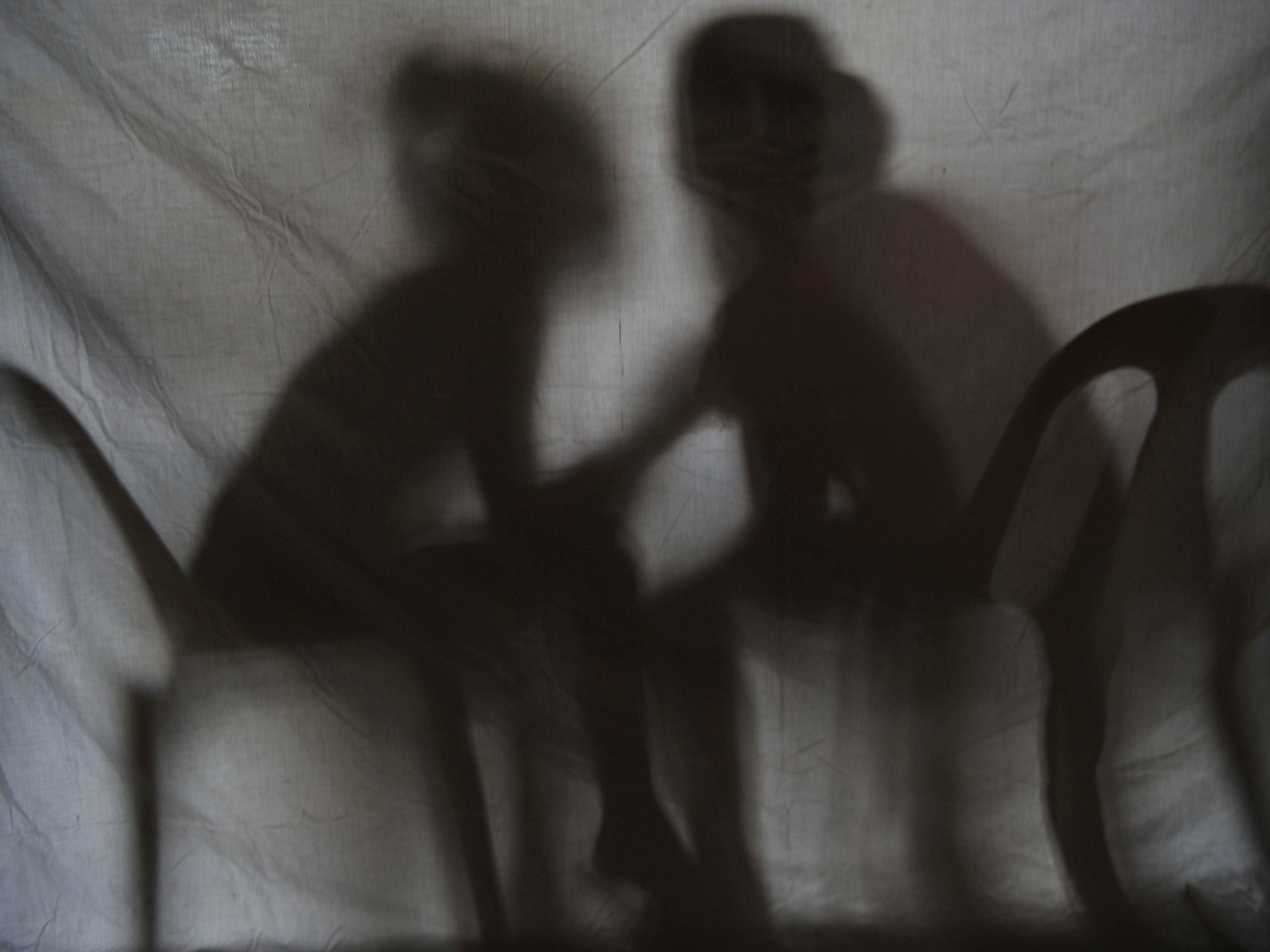Victim Blaming: Teen sexuality is discomforting, but that doesn't absolve us of a duty to protect
There are those who insist that it “takes two to tango” in child abuse situations

When a barrister acting on behalf of the CPS believes it appropriate to refer to the 13-year-old victim of sex abuse as “predatory”, and deems it relevant that she is “sexually experienced”, it is clear there is something awry in society’s perception of the sexuality of young people.
Even more disturbing was the fact that Judge Nigel Peters – apparently the cream of the legal profession - decided to weigh in, telling the 41-year-old defendent that his victim, barely more than a child, was “egging you on”. It’s the sort of language that might be used at a football match, or in a playground fight, as if this whole incident was just a game, and daring to imply that the biggest loser here is the adult abuser, rather than the child victim.
There are also those, including barrister Barbara Hewson, who insist that, in these sorts of situations, it “takes two to tango” (again, note the alarmingly playful language). No, actually, Barbara, not in the law it doesn’t. On a slightly less outrageous level, some argue that the age of consent is somewhat arbitrary, and serves little more than a practical function, lamenting how ‘unfair’ it is for 40-year-olds to be prosecuted for having sex with willing, and wanting, 15-year-olds. But who do we want to protect here? Is it really the adults who want to have sex with teenagers decades younger than them?
In the great debate about online pornography filters, the relentless conflation of pornography depicting child abuse, and pornography in which the only crime is that it’s a bit grubby, is another example of our confusion. Who are we shielding from what, exactly? Though the implementation of filters is plainly framed as a move primarily intended to curb the sexual abuse of children online, the real impact will prove itself in the thousands of 15-year-old boys nationwide who will suddenly be without an instant porn-fix at the click of a mouse.
The crux of the problem is that we are completely allergic to even contemplating the notion that young teenagers do often have sexual urges. We seem to have some sort of aversion to accepting that sexuality in teenagers is, in itself, is not disgusting or unnatural. But in doing so, we leave ourselves entirely unprepared for the eventuality that they do, and they have the crushing misfortune of being vulnerable to predatory adults.
You only have to Google ‘teenager’ to find the various headlines describing countless “tragic teens” who have killed themselves after being bullied online. These headlines sit uneasily next to stories inviting readers to leer at former child stars in bikinis who are, the second they hit 16, apparently “all grown up”. We seem to accept vulnerability of teenagers until a certain point, so why should lost innocence result in a loss of protection?

Join our commenting forum
Join thought-provoking conversations, follow other Independent readers and see their replies